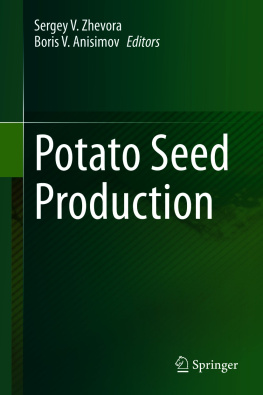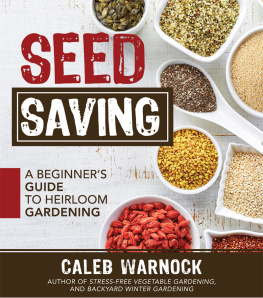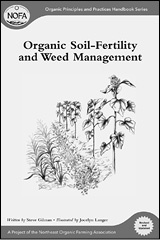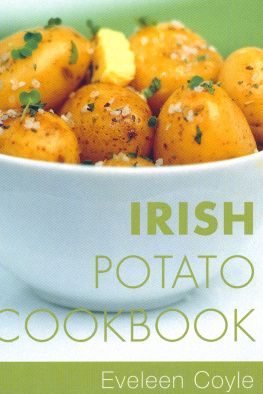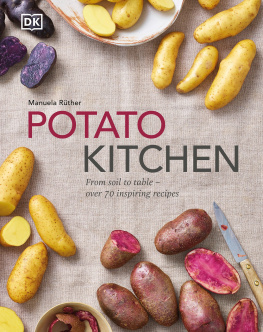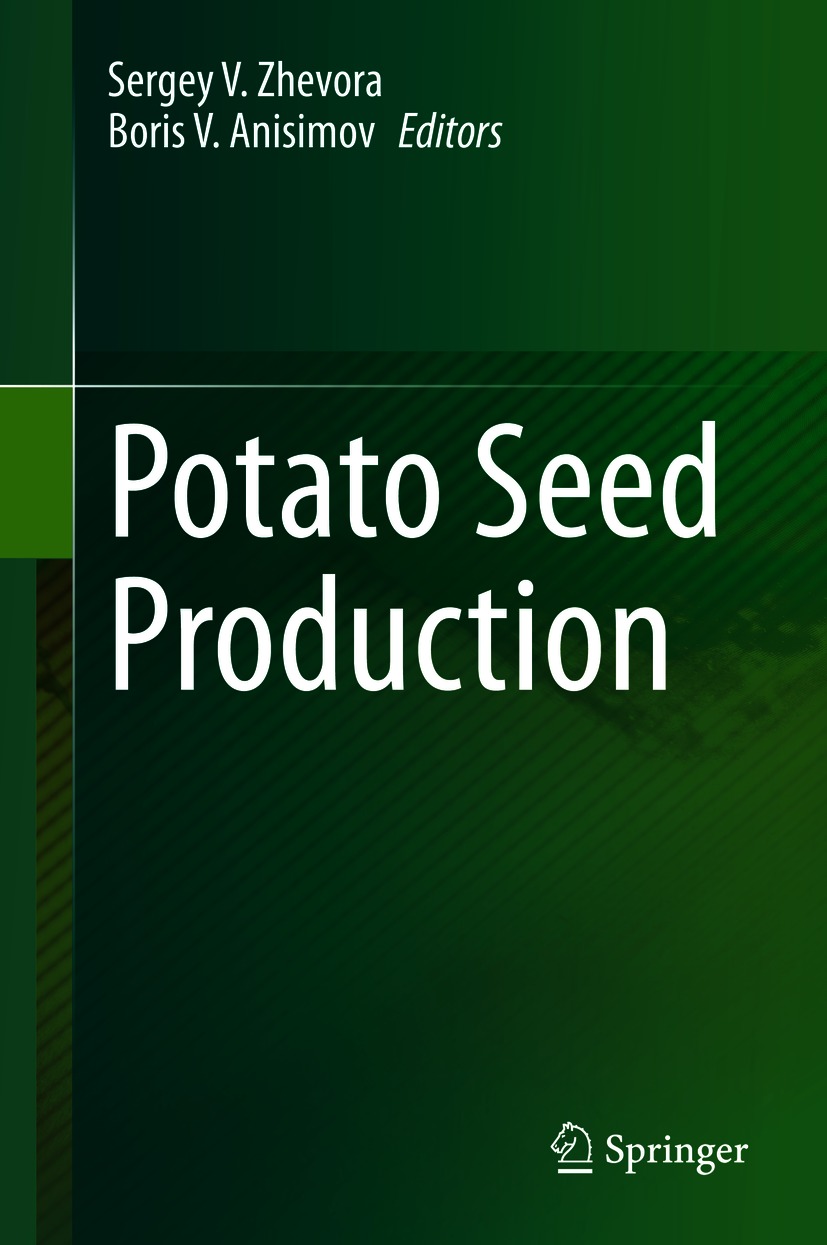Editors
Sergey V. Zhevora and Boris V. Anisimov
Potato Seed Production
1st ed. 2021

Logo of the publisher
Editors
Sergey V. Zhevora
Russian Potato Research Centre, Moscow Region, Russia
Boris V. Anisimov
Russian Potato Research Centre, Moscow Region, Russia
ISBN 978-3-030-60761-6 e-ISBN 978-3-030-60762-3
https://doi.org/10.1007/978-3-030-60762-3
The Editor(s) (if applicable) and The Author(s), under exclusive license to Springer Nature Switzerland AG 2021
This work is subject to copyright. All rights are solely and exclusively licensed by the Publisher, whether the whole or part of the material is concerned, specifically the rights of translation, reprinting, reuse of illustrations, recitation, broadcasting, reproduction on microfilms or in any other physical way, and transmission or information storage and retrieval, electronic adaptation, computer software, or by similar or dissimilar methodology now known or hereafter developed.
The use of general descriptive names, registered names, trademarks, service marks, etc. in this publication does not imply, even in the absence of a specific statement, that such names are exempt from the relevant protective laws and regulations and therefore free for general use.
The publisher, the authors and the editors are safe to assume that the advice and information in this book are believed to be true and accurate at the date of publication. Neither the publisher nor the authors or the editors give a warranty, expressed or implied, with respect to the material contained herein or for any errors or omissions that may have been made. The publisher remains neutral with regard to jurisdictional claims in published maps and institutional affiliations.
This Springer imprint is published by the registered company Springer Nature Switzerland AG
The registered company address is: Gewerbestrasse 11, 6330 Cham, Switzerland
Dedicated to the 100th anniversary of Russian Potato Research Centre
Foreword
This volume examines the present state, problems and opportunities for the innovative development of potato seed production in Russia. Within the presented study, the effectiveness of the integrated use of special agricultural methods is summarized and comprehensively substantiated in order to minimize the risks of the spread of dangerous viral and bacterial diseases in the production of the breeders potato seed, elite and reproduction seed potatoes.
The text presents the analysis of modern regulatory concerns for the quality of field crops and lots of seed potatoes by the indicators of their varietal purity and maximum tolerances of the standard for various categories of seed material in relation to diseases, pests and defects controlled in potato seed production. There exists a set of standard methods for controlling the commercial quality of seed potatoes, including field surveys and approbation of plantings, tuber analysis of seed potatoes lots, laboratory diagnostics of phytopathogens, and soil control of original and elite seed potato varieties that go into production and trade.
This book is intended for a wide range of specialists in agricultural organizations, agricultural enterprises and farms engaged in the production and sale of seed potatoes.
Sergey V. Zhevora
Boris V. Anisimov
Moscow Region, Russia Moscow Region, Russia
Preface
Potato is one of the most important crops with a multitude of applications. Potato is considered the fourth most important food crop in the world, after corn, wheat, and rice, and the first most important non-grain crop. The value of potato as a food product is that it essentially contains all the nutrients necessary for humans (carbohydrates, proteins, vitamins, organic acids, mineral substances).
In modern food industry, various types of potato products (French fries, potato chips, mashed potatoes), as well as ready-to-eat products (pasteurized potato) and processed foods (peeled potato in vacuum packaging, etc.), are popular and widely consumed by populations of many countries.
Further development in the production of commercial potato for various intended uses in the current context is impossible without a streamlined system for providing potato-growing agricultural enterprises, private farms, and individual entrepreneurs with pedigree seeds of the highest quality categories.
The systemic improvement of the sequential production process of original, elite, and reproduction potato seed based on the application of innovative technologies developed by science and proven in practice, as well as the wide use of the best international practices in this area, is particularly important in solving this problem.
Sergey V. Zhevora
Boris V. Anisimov
Moscow Region, Russia Moscow Region, Russia
Moscow 2021
Acknowledgments
First of all, the editors and authors would like to sincerely thank the Springer team for their support throughout this writing project and for trusting us with this book.
We would like also to thank the number of colleagues who have worked to develop potato knowledge, technologies, and innovations over the years during of their work experience at Russian Potato Research Centre for the benefit of potato producers and consumers.
Introduction
Potato is an important crop globally. The average potato yield is 1718 t/ha, but many potato-producing countries are above the world average. In the Russian Federation, the total demand of potato planting material is evaluated at 4 million tones for the total planted area above 1.2 million hectares in 2019. The Russian Federation has created a system for growing high-quality seed potatoes, which is in demand by both Russian and foreign agricultural enterprises. This book presents the experience of forming a potato seed system in Russia.
The book is organized into four main themes.
In the first part, the authors consider the history of potato cultivation in Russia and the general trends in the development of selection and seed production. The pattern of potato consumption, planting area, gross harvest, and potato yield are analyzed and the level of provision of the population with domestically produced potatoes is determined.
The results of monitoring the quality of seed potatoes for 20112019 have been analyzed. Technologies for obtaining and clonal propagation of healthy (infection-free) source material in tissue culture as well as traditional and alternative technologies for growing mini-tubers using tunnel shelters, hydroponic, aeroponic, and aerohydroponic systems are considered. Prospects for improving technologies for growing mini-tubers in order to increase their attractiveness for seed potato producers are outlined. The production of primary and subsequent field generations and classes of original, elite, and reproductive seed potatoes as well as the propagation of potatoes using true potato seed (TPS) technology are considered.
In the second part of the book, the authors present the Russian experience of phytosanitary and technological regulations in growing seed potatoes of the highest quality categories. This takes into account the increasing role of the selection of special territories (zones) with favorable climatic and phytosanitary conditions, as well as the complex of basic agrotechnical and protective methods used in potato seed production.

